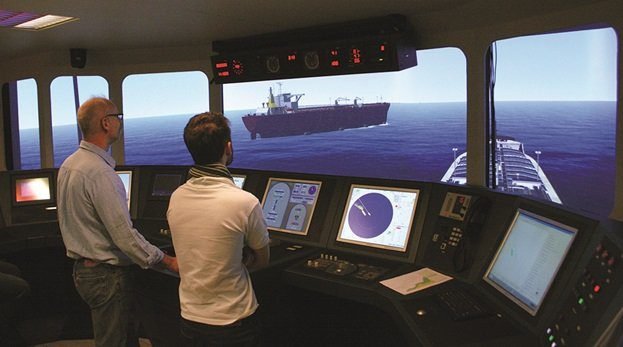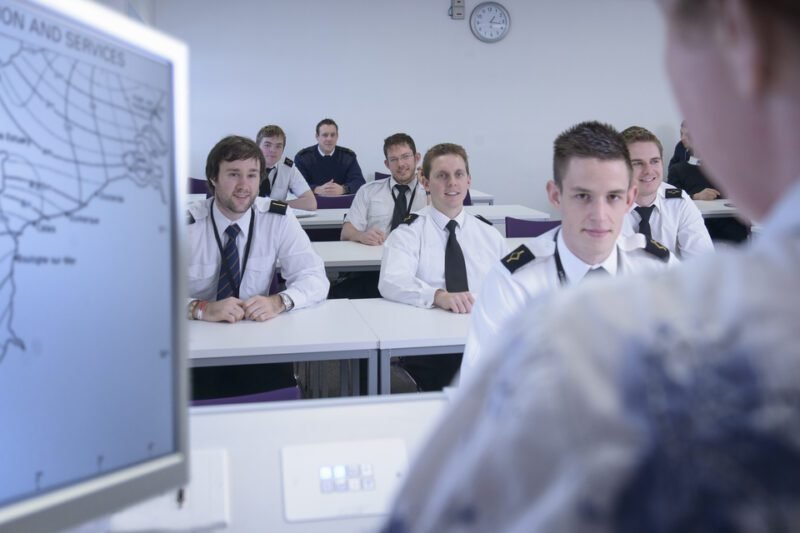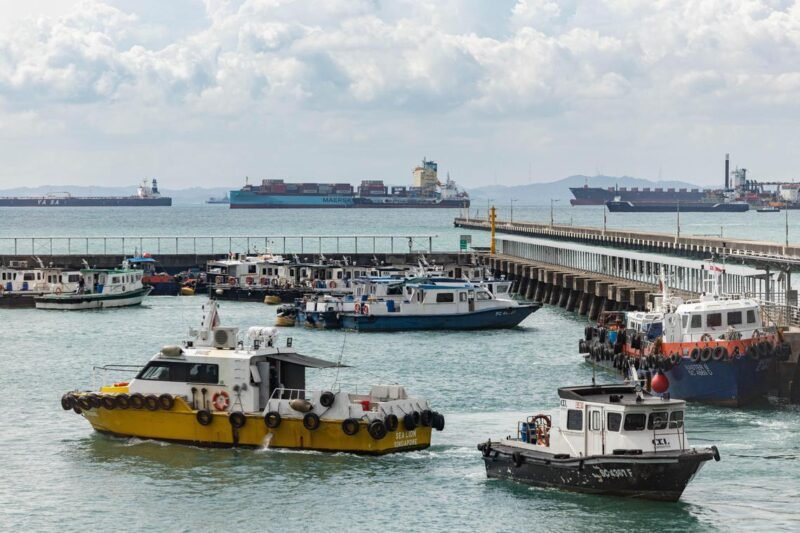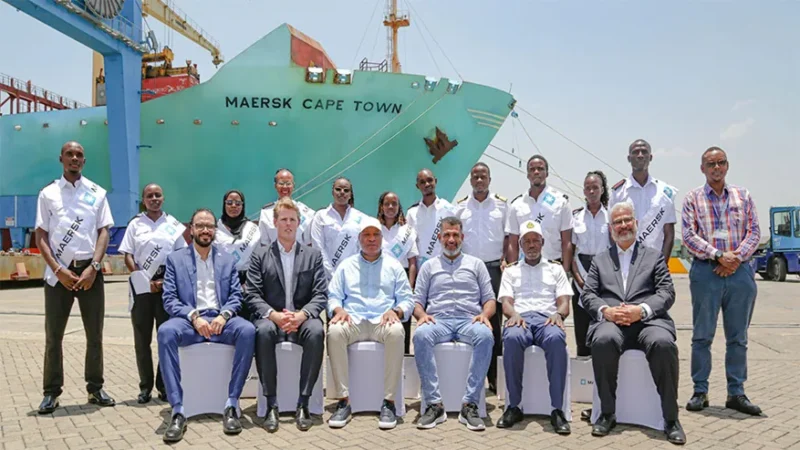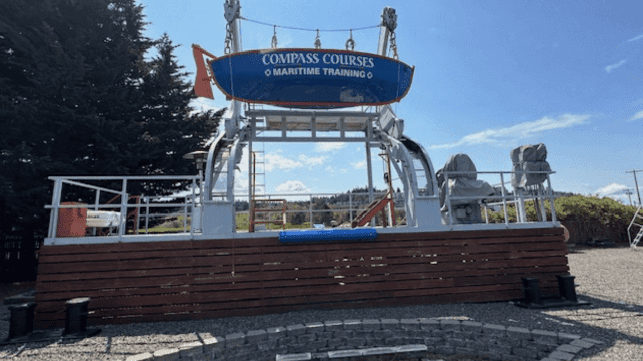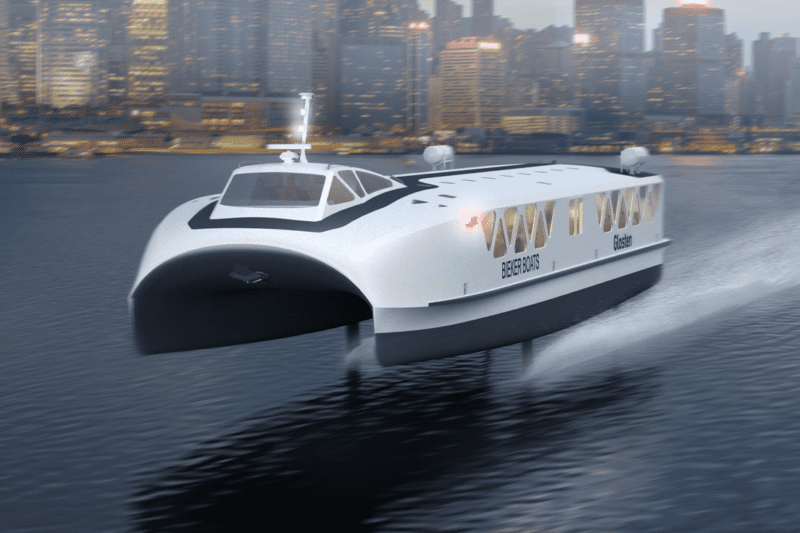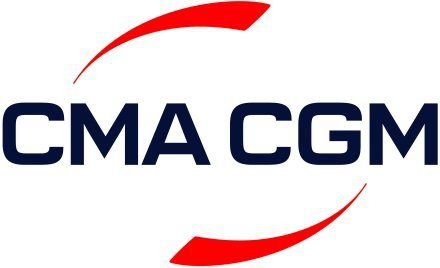The world is becoming more and more interconnected and the seas have become the lifeline of global trade. With the advent of modern technology, shipping has become an industry that relies heavily on human expertise. Maritime education is therefore now more than ever vital to ensure navigational safety and efficient sea operations.
Safety at sea remains a top priority, which is why the International Maritime Organization (IMO) requires seafarers to have the necessary qualifications and skills. It ensures compliance with its regulations and international conventions such as the International Convention on Standards of Training, Certification, and Watchkeeping for Seafarers (STCW).
Aside from safety, seafaring education provides seafarers with crucial technical knowledge and skills, such as: B. Ship handling, navigation and cargo operations required for effective and efficient sea operations.
The training, which includes courses onboard or ashore, equips seafarers with innovative technologies and best practices that enhance their skills in handling sophisticated ships. This helps them navigate the seas safely while causing as little harm to the environment as possible.
In the modern world, a large number of seafarers are from developing countries. Their access to education that meets industry quality standards is limited, despite their high demand. Naval training institutes such as naval academies, universities and training companies are responsible for providing training programs that meet the standards of the STCW. These training programs aim to equip crew members with the necessary knowledge and skills.
Maritime education has seen a paradigm shift from traditional face-to-face studies to modern online and shipboard training courses. E-learning has become the new normal. This shift has made maritime education inexpensive and accessible to all interested seafarers despite their location. The introduction of e-learning tools and digital simulators has enhanced skill development and hands-on training, reduced risk and improved safety.
In summary, maritime education is a crucial part of shipping operations in today’s world. It equips seafarers with critical skills and knowledge, enhancing maritime safety and improving operational efficiency. Maritime training providers must ensure that they offer training programs that meet quality standards, are cost-effective and accessible to all seafarers. Governments and industry must support the provision of quality training to improve seafarers’ professionalism and ensure the protection of the environment. In this way, we ensure sustainable shipping operations that meet global trade requirements.


